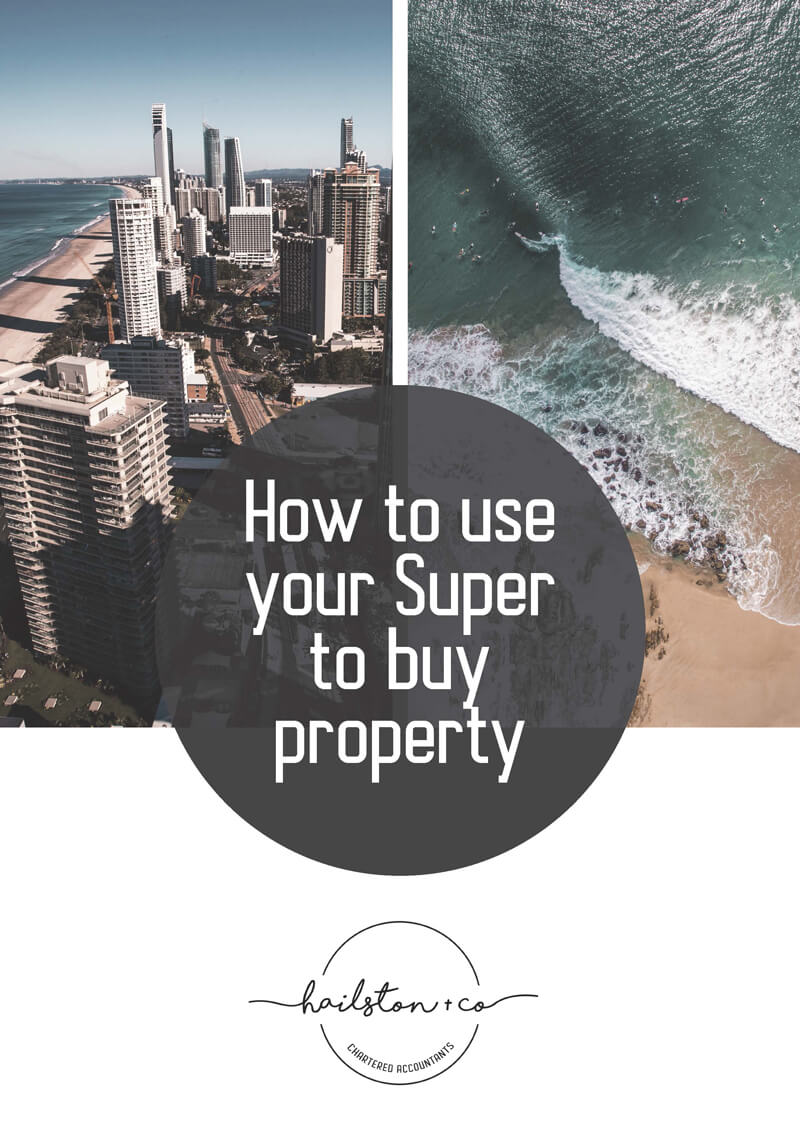
Land tax is an annual tax levied at the end of the calendar year on owners of land. There are of course exemptions for certain types of land owners, the most common being a person’s primary residence.
NSW Land tax – Does it apply to you and what you need to know
Land tax is an annual tax levied at the end of the calendar year on owners of land. There are of course exemptions for certain types of land owners, the most common being a person’s primary residence.
What is Land Tax?
Land tax is a tax paid to the State Government by owners of land. Land tax is calculated by the combined value of taxable property – not based on each individual piece of land. There are exemptions to those landowners who are not liable to pay Land Tax, your permanent residence being one of them.
Land tax is calculated on 31st of December.
Who is required to pay Land Tax?
In NSW, land tax is applied to those who own property with a total taxable value above the applied threshold. Income generated from the land is irrelevant when applying Land Tax. If you own, or jointly own the below you may be liable to pay the tax:
- Land where a flat, residential unit or house has been built
- Land where commercial properties have been built
- Industrial and commercials units
- Vacant land
- Holiday home
- Investment properties
- Government leased land
- Company title units
- Car spaces
Who is exempt from paying Land Tax?
Not all land owners are required to pay Land Tax.
Some exemptions include the below.
- Your permanent place of residence, your home (you can only claim this exemption for one property)
- Primary production land, your farm
- Land owned which falls under the land tax threshold
Other exemptions are available, providing you meet the required conditions.
- Boarding Houses
If during the previous year a minimum of 80% of your occupants were long term and you didn’t charge more than the maximum tariffs for that year, you are exempt from paying land tax.
- Primary Production Land
If your land is located in a zoned rural, rural residential or non-urban and; it’s mainly used for primary production and you sell the resulting product, your land may be exempt from land tax.
- Childcare centers
Land used entirely for childcare center may be eligible for exemption. To qualify the organisation must be an educational or child care service as defined by the Act.
- Non-Profit organisations
If the land is held in a trust by a non-profit organisation, such as charities, educational institutions or religious organisations, it may be exempt from Land Tax. You must prove your non-profit status by supplying documents to NSW Revenue.
- Residential and caravan parks
A caravan park or residential home used as a home for retirees may be exempt from paying Land Tax.
- Retirement villages, aged care establishments and nursing homes
Operating and occupied retirement villages, aged care establishments and nursing home are exempt from paying land tax.
- Low-cost accommodation
If land is used for low cost accommodation and within 5km of the Sydney General Post Office, it is exempt from Land Tax.
How is Land Tax calculated?
There are two thresholds when calculating for Land Tax. For 2023 the thresholds are:
- Basic Land Tax Calculation
- $969,000Threshold
- 1.6% land tax rate
- Premium Land Tax Calculation
- $5,925,000 Threshold
- 2.0 % land tax rate
The Land Tax is based on the combined value of all taxable land you own. A percentage of tax is paid over each threshold, plus a base tax of $100.
How is your land valued?
Each year, the Valuer General determines the value if all land in NSW. The land value is the unimproved value of your land.
On 1 July for the upcoming land tax year, values are determined based on the average value from the current year and the past two years.
https://www.valuergeneral.nsw.gov.au/
https://www.valuergeneral.nsw.gov.au/land_values/how_do_we_value_land
Liable to pay Land Tax?
If you meet the above criteria, you need to register for land tax, You can complete this online, or call Revenue NSW on 1300 139 816, if you are a NSW land owner.
Uncertain or require further information?
Get in contact – we would love to hear from you.



